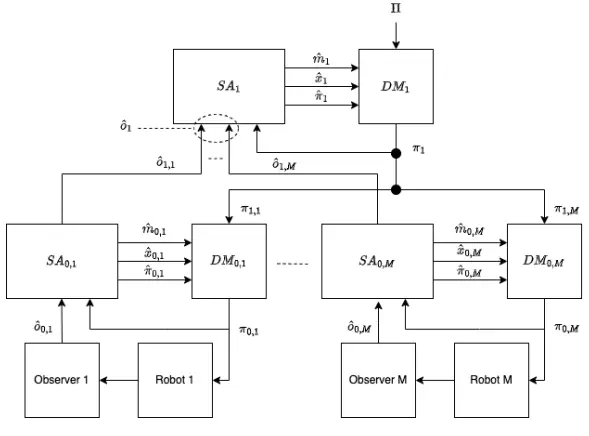 Architectural framework
Architectural frameworkAbstract
This paper focuses on the design of hierarchical control architectures for autonomous systems with energy constraints. We focus on systems where energy storage limitations and slow recharge rates drastically affect the way the autonomous systems are operated. Using examples from space robotics and public transportation, we motivate the need for formally designed learning hierarchical control systems. We propose a learning control architecture which incorporates learning mechanisms at various levels of the control hierarchy to improve performance and resource utilization. The proposed hierarchical control scheme relies on high-level energy-aware task planning and assignment, complemented by a low-level predictive control mechanism responsible for the autonomous execution of tasks, including motion control and energy management. Simulation examples show the benefits and the limitations of the proposed architecture when learning is used to obtain a more energy-efficient task allocation.